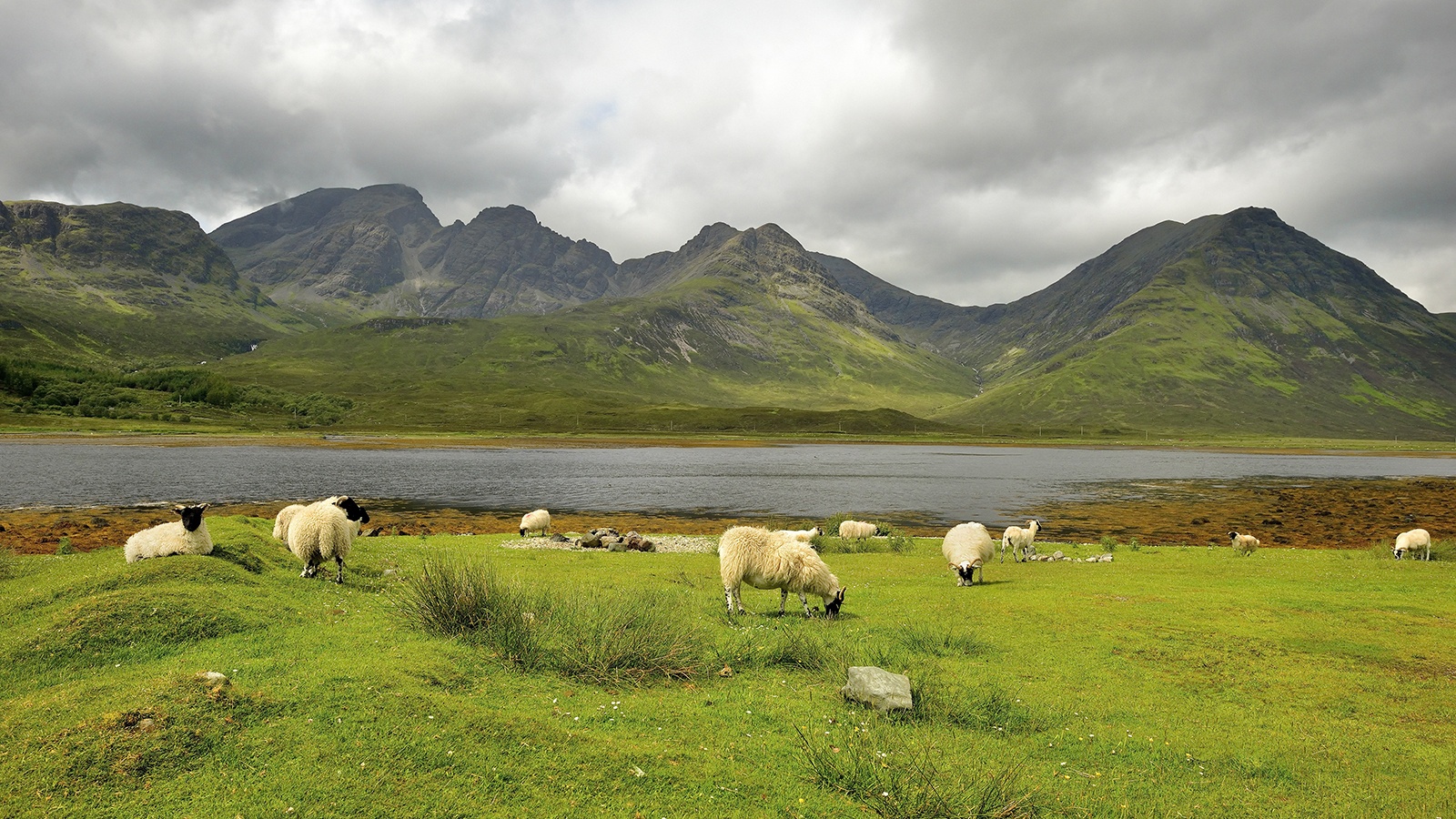
Tanya Weaver Fri 31 May 2024
Collected at : https://eandt.theiet.org/2024/05/31/new-deal-scottish-farmers-will-see-farmland-used-solar-installations
The National Farmers Union Scotland (NFUS) has signed a deal with a solar power and battery developer that will see a marginal amount of productive farmland being developed for solar installations.
The NFUS, which represents more than 9,000 Scottish farming and crofting businesses, has signed a new ‘affinity’ deal with Iqony Solar Energy Solutions (SENS) UK – a division of Iqony SENS, a large multi-national solar and battery developer, engineering contractor and independent power provider.
The deal aims to ensure that only a marginal amount of productive farmland is used for solar installations, with the two organisations working closely to identify suitable sites for PV technology and battery projects.
Once the sites have been identified, SENS will own and develop them, with the landowners receiving rent for the land for up to 40 years. This way, the land can be used to generate and store sustainable energy while providing an income stream for farmers.
“Although it’s clear that our projects will help Scotland advance its Net Zero goals, we also hope that our involvement and our financial capability will give Scottish farmers a solid alternative option to generate long-term, stable income,” said James Bracegirdle, managing director of SENS UK.
NFUS stipulated that suitable sites for development would be a minimum of 80 acres, where any development would have a minimal visual impact and have low flood risk.
Sites cannot be too rocky or steep, and most of the land must be of low agricultural productivity. The sites must also be available to lease, with potential for a connection to the National Grid.
SENS UK and NFUS have reassured landowners that the impact of solar PV installations will be marginal and not use up productive agricultural land.
To reach the UK’s net zero goals, PV would only take up 0.29% of available land – equivalent to approximately 0.51% of all available agricultural land. By way of comparison, UK airports currently use 0.2% of available land, and golf courses 0.51%.
“Agrivoltaics and solar technology are currently developing at a rapid pace,” said Tom Graham, commercial director of NFUS. “This partnership keeps us at the forefront of new solar technology that will help NFU Scotland’s members build sustainable and profitable businesses by creating additional income on what they do for years to come.”

Leave a Reply